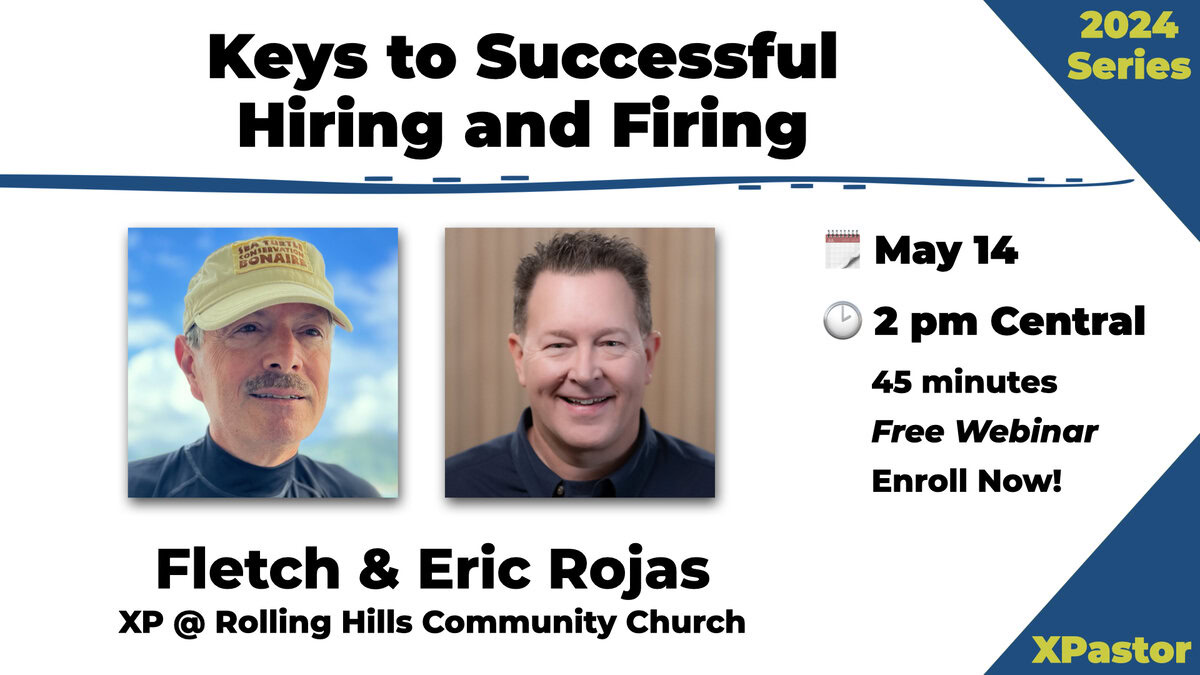Tiffany Henning is an expert in human resource issues. Henning earned certifications of Professional Human Resource (PHR) and Chartered Retirement Professional Counselor (CRPC). She created a non-profit human resource network called HR Ministry Solutions to help simplify HR compliance for churches and ministries. In the “Church Hiring Toolkit,” she has written on reference and background checks for hiring paid staff. Many of the items can apply to volunteers. The following are selections from Henning’s “Church Hiring Toolkit.”1
Reference Checking
Reference checking is a type of background check that checks the applicant’s past job performance based on information collected from key individuals (e.g., supervisors, peers, subordinates) who have known and worked with the applicant. This will verify the information on the resume, application and information given by the candidate, allow you to learn new information about the candidate as well as check for any prior issues, including the reason they left their last position. Ask questions about skills, abilities, attendance and performance.
Get permission to check references and inform the candidate you plan to contact references. Ask them for contact information of supervisors and managers, at least three. Have questions prepared in advance and use open-ended questions. Focus on verifiable job related information. Ask questions about any red flags from the candidate’s interview. Use the same base questions for all references and for all candidates. Always check references by phone as people hesitate to put in writing what they might say on the phone.
Conducting a Reference Check
Identify yourself, your title, organization name and tell them you are calling about a reference for a candidate you are considering. Ask if now is a good time to talk or whether they would rather schedule a call at a later time. Make sure they understand that you have the consent from the applicant and that all responses will remain confidential. It is important to give a brief description of the role you are considering the applicant for, so that they can comment in context.
Give them time to answer your questions. Let them respond, and do not cut them off or put words in their mouth. Build rapport with the reference if possible—concern about lawsuits is why some employers only confirm dates of employment, your position, and salary. Follow up and probe when you feel the reference may be reluctant to discuss certain things—“I get the feeling that perhaps there is something you may not be telling; is there anything I should know about this individual?” Be alert for even the things that are not said, such as the tone of voice, a hesitation, pause or sigh. Take notes as they will be good to refer back to and also are legal documentation.
Sample Questions
How do you know the candidate? Since what date? What was the candidate’s role with your organization, and what were their job responsibilities and salary? How successful was the candidate in fulfilling his or her duties? What was it like to supervise the applicant? What unique skill did the candidate bring to your organization? How would you rate their technical skills, organization, time management and initiative? How would you rate their dependability and work habits? What were their strengths? What were their weaknesses or areas that needed improvement? Considering the job being applied for, do you think the applicant is suitable? Why did they leave your employment? Would you rehire the candidate? Why or why not? Is there anything else you would like to add?
After a Reference Check
Do not accept all the information at face value. There are two sides to every story. Do not base the decision to hire or not solely on the reference check. Look for patterns. Maintain documentation even if the candidate is not hired. Contact additional references if needed. Asking a reference if they know of anyone else that would be good for you to speak to is an excellent way to find other references.
Background Checks
A check of a candidate’s background may include employment, education, criminal records, sex registry, motor vehicle and license record checks. It is recommended that organizations do not run credit checks unless it is directly related to the position the candidate is applying for, such as a Finance Manager. Background checks should only be performed on a candidate who has a job offer pending. Background check companies have disclosure forms for the candidate to sign that gives you permission to perform the check.
Recommended Type of Checks
County Court Record Check—Some counties do not report to the nationwide database. The only way to ensure accuracy is to do a county court record check. Generally go back the last 7-10 years. Do a Social Security trace, so that you will know which counties they have lived in to search—background check companies do this for you. These have an additional cost per counties but are well worth it.
Sex Offender Registry—This should be a non-negotiable background check for all church staff. You can check this yourself as well on Megan’s Law.
Nationwide Database Search—This will show convictions but not necessarily arrests or pending charges. Not all states participate in the nationwide database, which is why county court checks are also recommended.
1 Tiffany Henning, Church Hiring Toolkit (San Diego, CA: HR Ministry Solutions) available from https://www.hrministrysolutions.com/freetoolkit. Used with permission.











